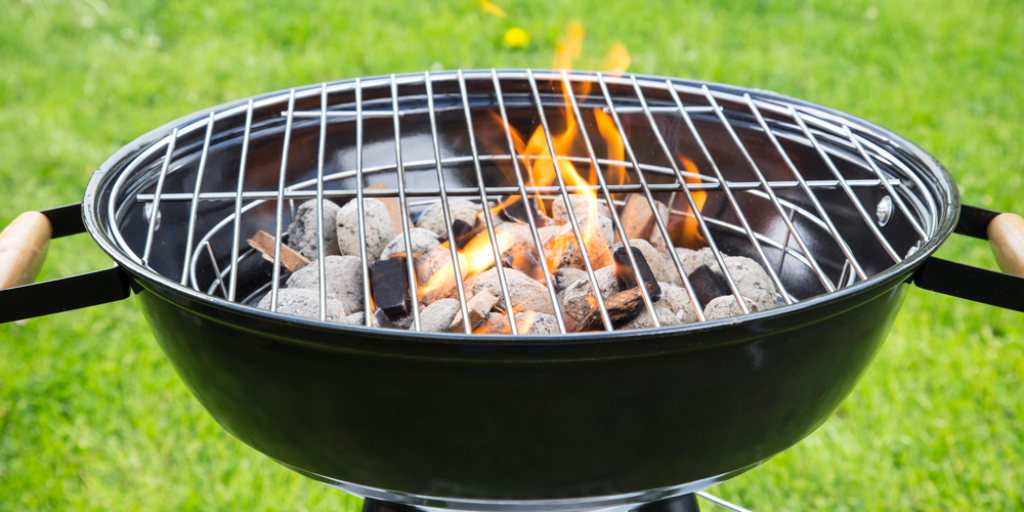Fire up
All right, I’ve got a great phrasal verb for you today: fire up.
To fire something up is to start something, like a machine. We often, but not always, use it to describe starting something that is powered by combustion—by fuel, by fire.
You can fire up an engine. You would use this when describing racecar drivers, Formula One or NASCAR. When the drivers are getting ready, they fire up their engines. They ignite the engines. And the car is ready to go.
You would use this when describing the engines on a spacecraft. The engineers fire up the rocket’s engines in the minutes before takeoff. You can even use “fire up” to describe starting the engines of a normal airplane.
There are situations where you would use “fire up” and certain situations where you would not. So, you can “fire up the engines” of a race car. But you would not fire up the engine of a normal car in your driveway. You would just start the car.
You can fire up a chainsaw if you need to cut apart a fallen tree. But you would not typically say “fire up” a lawnmower.
A “generator” is a backup source of power, usually electricity. It runs on fuel, gasoline. Hospitals have generators. They need power every moment of the day. So if the electricity goes out, they fire up the generators. They start the generators, usually within seconds, at some places even faster.
A big oceangoing ship has backup generators. And the Dali, the ship that hit the Francis Scott Key Bridge in Baltimore, the Dali had a generator. The ship lost power as it was navigating out of the port of Baltimore. The ship was headed for one of the pillars that supported the bridge. In the moments before impact, the ship’s crew fired up a generator—but it was too late. They fired up the generator; that means they started the generator. But it was still too late to avoid the accident.
You also use “fire up” with a grill. “It’s time to fire up the grill”—this is a really common phrase. You can fire up a charcoal grill or a gas grill. Doesn’t matter: the act of lighting and starting the grill is “firing up” the grill.
So these are all examples of actual fire, actual combustion. But you can sometimes use “fire up” with non-combustible things. You can fire up a computer if you turn it on. What time do you start work in the morning? I usually fire up the computer around 7:30 or 8:00. I usually turn my computer on at about that time.
You can, in some cases, use “fire up” with software or programs running on your computer. But you would not use this with programs you use all the time. You’d use this if you wanted to start a program for a specific purpose. So, let’s say you took a lot of photos and now you need to edit them. You might fire up Photoshop to edit those photos. That works because perhaps Photoshop is not a program that’s always open and running on your computer.
But this is less common—it’s much more common to use “fire up” with combustible things like the grill or a generator.
See you next time!
That brings us to the end of Plain English today. I hope you learned a lot.
And remember if you want to continue learning with Plain English after you finish listening, then remember we have quizzes and interactive exercises to help build your skills. The exercises are right on the same page as the transcript—it’s in the section called “Activities .”
And with each story, we have a quiz, a listening exercise, a pronunciation exercise, a vocabulary exercise, and two fill-in-the-blank exercises to help you with verb tenses and prepositions. And then on the expressions page, there’s another quiz.
If you’re a Plus+ member or a Starter member, you already have access to those. If you’re not, check out the Starter membership. I don’t talk about it a lot, but it’s the most affordable way to learn a little more English with each lesson. So check that out at PlainEnglish.com/Join if you’re not already a Plus+ or Starter member.
See you right back here on Thursday for another lesson.
Learn more expressions like this



